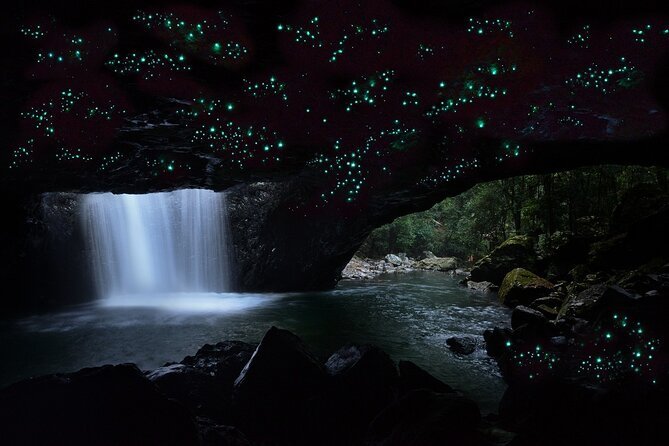glimmers of gratitude in difficult times
Take a moment to pause: what is something you’re grateful for at this moment? Your home? Health? Family? Or perhaps something smaller, like the way the light is falling on the tree out your window? The gentle sound of birdsong? The colour of the sky?
Gratitude can be a real resource in difficult times. Cultivating gratitude quiets the frantic mind and helps us stay grounded. It requires us to be present and connected to ourselves and others, and to notice what’s around us. Sometimes, gratitude comes easily - for example, if you’re falling in love, or having a good run of luck. But what about when things are not feeling good?
When you’re facing real difficulty in your life, or feeling affected by the realities of climate change, gratitude can be harder to access. You might not be able to think of anything. Reaching for gratitude might feel like you’re in denial about the state of the world. Or perhaps it feels artificial to be grateful when there is so much bad news around.
But gratitude is not about being thankful for everything that’s happened. It’s not about ignoring difficult feelings, or trying to feel a particular way. Gratitude isn’t about denying what’s happening in the world. You don’t have to ‘look on the bright side’ and forget about the difficult stuff. Rather, you are inviting a shift in focus to encompass a bigger view of your experience that contains both positive and negative aspects. By expanding our view, we can hold a broader range of emotions at the same time. This helps us feel grounded and connected, and supports our wellbeing.
Gratitude is something we can consciously practise by turning our attention to what we appreciate about being alive—even when things are tough. You might express gratitude for big things in your life: your family; your job; the place you live. Or you might reach for small things: a single flower; the whiskers on your pet; a stranger’s laugh. These glimmers of gratitude—no matter how small—deepen our connection with ourselves and the world. They bring us into the present moment, help us pause and acknowledge the many things—good and bad—that contribute to our shared humanity.
invitation to practice
Go for a wander outside: your back garden, the street, your local park… It doesn't need to be anywhere special or far away.
Go slower than you might normally walk. As you wander, notice what captures your attention: a tree, a bird, a rock, a flower... allow yourself to be allured by it.
Move toward this other being, with curiosity. Notice it: take in its details, savour its scent, its colour, its shape, its sound, whatever moves you in the moment.
Sense and savour whatever it is that you have been drawn to. Allow its beauty in by pausing and taking three deep breaths.
As it feels authentic to you, offer your praise to this other being, out loud. Speak (or sing or dance!) about what drew you to this Other. What do you notice and appreciate about it? What don’t you understand? Appreciate its mysteries and unknowns. Let yourself be surprised at what you express. If it feels right, you might even bow to this being, or offer it a gesture of thanks.
Then…. keep wandering! Notice who tugs at your heart next and lavish it with praise for just existing!

